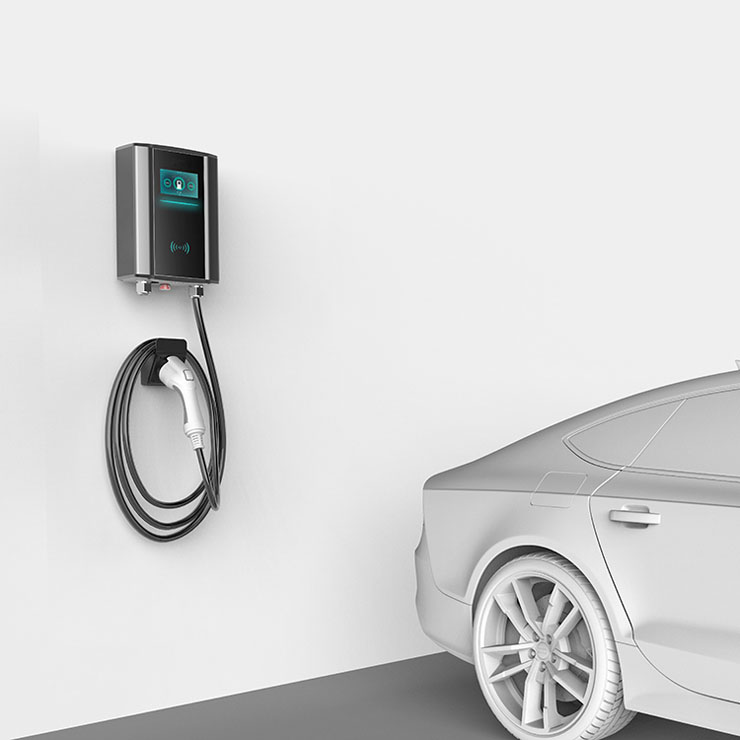
Products
Fast, Reliable, Everywhere

Solutions
Efficient, Innovative EV Charging Solutions.
News
We are committed to the innovation and application of EV charging.

There are various reasons why electric chargers are required:
Electric cars, as opposed to conventional gasoline-powered vehicles, run on electric power stored in batteries. As a result, EVs require regular charging to function, much like your phone or laptop.
Electric vehicles are becoming more and more popular, and as a result, more and more individuals are opting to switch to driving them. As a result, there is a growing need for electric chargers, which calls for constructing more charging infrastructure.
Compared to gasoline-powered automobiles, electric vehicles are cleaner and more environmentally friendly. We can lessen our reliance on fossil fuels; by promoting the usage of electric vehicles, you can reduce greenhouse gas emissions and fight climate change. Electric chargers are thus required to enable the switch to electric automobiles.
Electric cars have a short driving range and require frequent charging to stay in operation. Hence, EV chargers are required to guarantee that drivers may and swiftly charge their vehicles wherever they are.
The future time you find yourself in a situation where you have to recharge your EV's battery. Also, you will be able to choose wisely depending on the particulars of your circumstance. We advise making your purchase at PIWIN since we enable you to save time and money. When you purchase from us, the electric Charger price is affordable. It is great for routine use around the house. The business designed an excellent rapid charger to fulfil modern drivers' demands.
